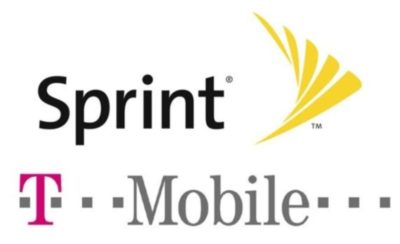Executives for T-Mobile and Sprint are downplaying reports their proposed deal is in jeopardy at the Department of Justice. Staffers in the DOJ’s antitrust division told the companies the merger, as currently structured, is unlikely to pass regulatory review, reported The Wall Street Journal. The DOJ declined comment.
T-Mobile CEO John Legere flatly denied the report, tweeting, “The premise of this story, as summarized in the first paragraph, is simply untrue.” He’s in Washington, D.C. this week for more meetings with the FCC, Reuters reported.
Sprint Executive Chairman Marcelo Claure said the report was inaccurate. “We continue to have discussions with regulators about our proposed merger with T-Mobile. That process is ongoing,” he tweeted.
Now, look for more scrutiny of the proposal, and more conversations between the companies and the government. The DOJ and FCC consider different aspects in their antitrust reviews, however they coordinate their efforts, so a move to block the deal by one would almost certainly mean a unified federal front against the proposal, reported Reuters.
The FCC is asking the companies to share more data and more specifics about the takeover, the Journal reported. A decision on the proposal is likely before the FCC’s 180-day review period is over at the end of June. State attorneys general are examining the deal closely, preparing to file lawsuits if the DOJ doesn’t block the deal.
In the meantime, Sprint told the FCC this week, it’s in a “difficult” financial situation “that is only getting worse.” And by itself, Sprint says it, “is not on a sustainable competitive path.”
Its network lacks the coverage and consistency that customers demand, the carrier said. Sprint’s “lack of low band spectrum is at the root of these network problems, and that problem cannot be fixed because there is no low band spectrum available that Sprint could buy. As a result, Sprint is losing customers—which then reduces revenues and cash flow—further limiting its ability to invest in its network and service its debt.”
Comments? Email Us.
April 18, 2019





Reader Interactions